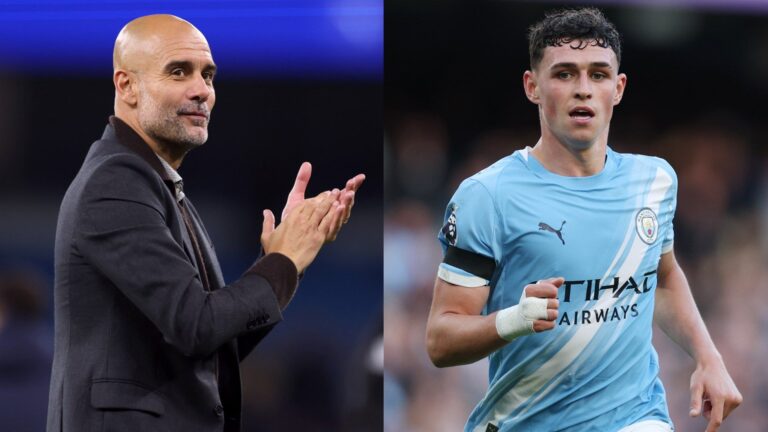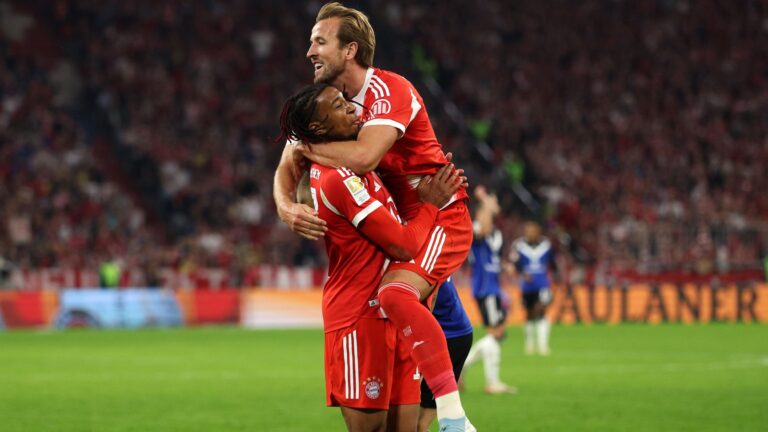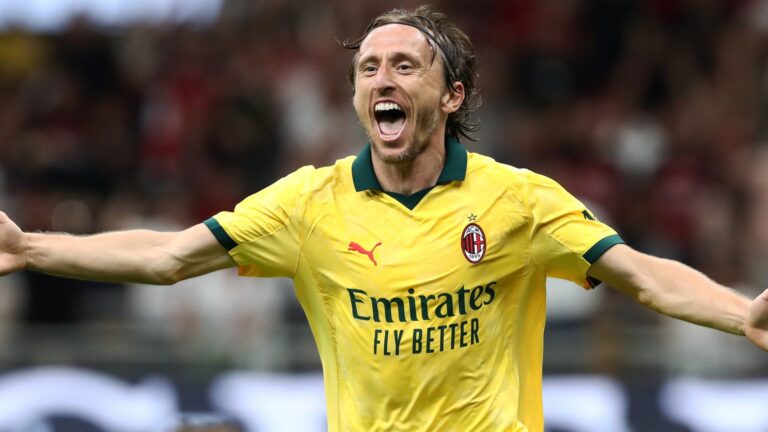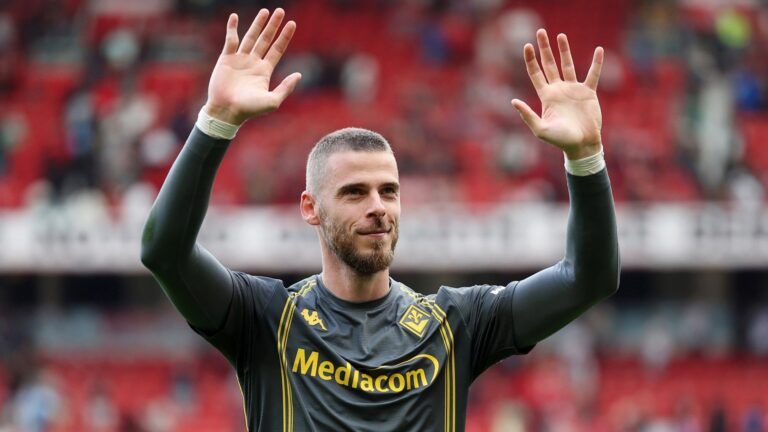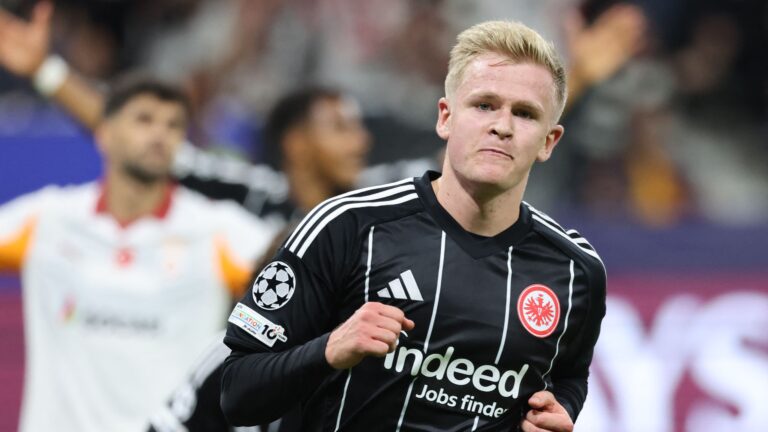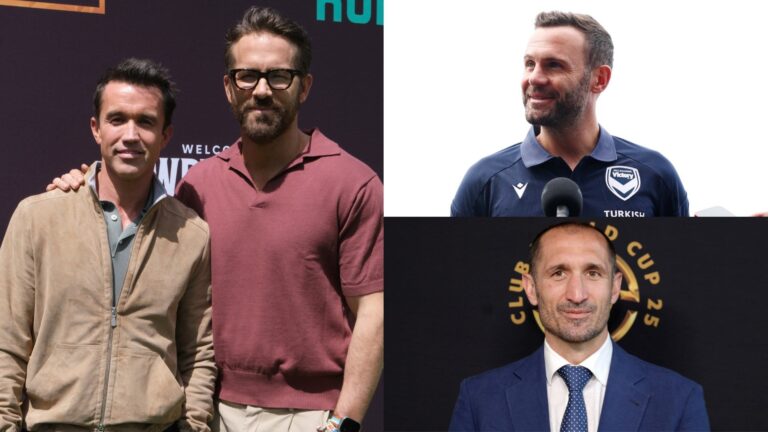- Abramovich loses EU sanctions challenge
- Court rules restrictions “necessary and appropriate”
- تشيلسي sale proceeds still under dispute



The General Court of the European Union delivered its verdict on Wednesday, ruling that sanctions against Abramovich remain both “necessary and appropriate.” It means the travel bans and asset freezes that have shackled him for more than three years will continue indefinitely.
Abramovich has long denied having close ties to Russian president Vladimir Putin, but EU lawyers insist the oligarch’s empire was built on Kremlin influence. Judges pointed to his major role in Evraz, the steel and mining giant accused of generating vast revenues that prop up the Russian state. For Brussels, the evidence was clear enough: Abramovich’s fortunes and Putin’s Russia are inseparably linked. And in the eyes of the court, that makes him fair game for sanctions aimed at squeezing Moscow’s elite.
Abramovich argued that the measures unfairly targeted him because of his profile and global recognition. He sought not just the lifting of restrictions but also damages for what he called reputational harm. His lawyers painted him as a scapegoat chosen for his fame in the west, particularly through his long reign at Chelsea. But the judges were unmoved. The court dismissed Abramovich’s pleas in full, reinforcing the EU’s stancethat his wealth and influence could not be divorced from Russia’s political machine.
Abramovich’s downfall in the football world remains one of the most dramatic episodes of the conflict’s ripple effect. Just weeks after Russia launched its invasion, the oligarch was forced to sell Chelsea. The sale was agreed at £2.5 billion ($3.2bn), but Abramovich never saw a penny.
This defeat in Luxembourg is not Abramovich’s only courtroom blow. He has also mounted challenges in the متحد Kingdom, hoping to clear his name and regain access to his assets. Yet so far, both British and European judges have swatted away his appeals, leaving him cornered. The longer the conflict in Ukraine drags on, the more unlikely it seems that sanctions against figures like Abramovich will be lifted.


